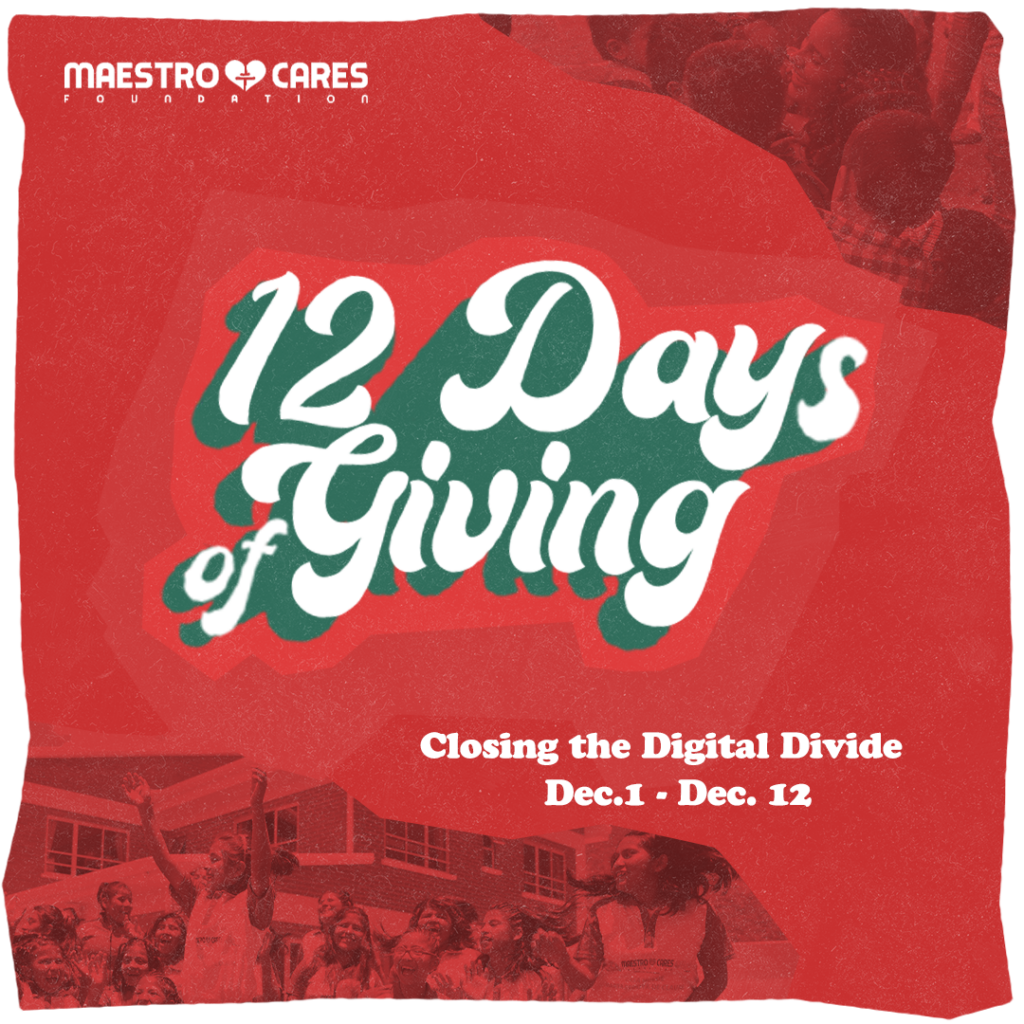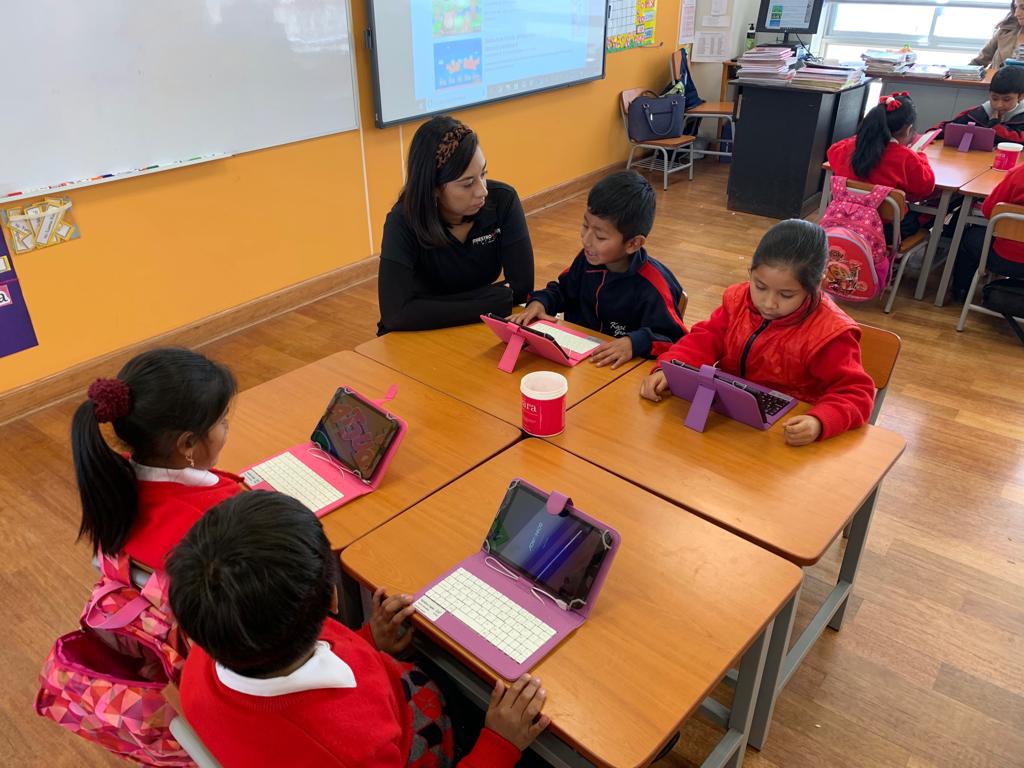Closing the Digital Divide this Christmas: 12 Days of Giving

COVID-19 has turned our lives upside down. All of our schedules and regular habits have completely changed, forcing us to adjust and create new modes of living that keep ourselves and our loved ones safe. One such drastic change is the emergence of online learning and working. While we certainly faced difficulties in adjusting to our “new normal,” disadvantaged communities throughout Latin America and the Caribbean have faced more than just inconvenience—many are facing a complete disconnection. The sharp social and economic divide within communities in Latin America has only been exacerbated, with the most marginalized communities facing the brunt of COVID-19’s effects. Lack of access to the internet, technology, familial support, or even a desk to study on is leading to a severe learning crisis that has the potential to affect the future of an entire generation.

According to a recent Unicef Report, education is on hold for over 137 million children in Latin America, and on average, children in the region have already lost an average of 4X more days of schooling compared to the rest of the world. National governments and education authorities have provided widespread educational resources via television and radio, such as Peru Aprende, which has been used by our children in the Proyecto Maba- Kari Grande school. These public resources have been excellent in reaching out to children in rural areas, however the cost of new technology, school supplies or even an adequate space to learn without interruption can quickly become insurmountable for families, many of whom have been pushed into poverty due to nationwide lockdowns.
United Nations Children’s Fund, Re-conectando la educación en Honduras, UNICEF, Tegucigalpa, forthcoming 2020
When children are absent from their education, they are deprived of more than just learning. Children rely on school for structured learning and social support. When their education is interrupted, girls, migrant children, children from indigenous communities, and children with special needs are at risk of dropping out altogether.

Additionally, many families rely on the school system to provide meals for children, which may have been the only nutritious meal of their day. With schools closed, and with increased levels of stress among parents and caregivers, children are susceptible to domestic violence, neglect and abuse, including emotional, physical, and sexual violence.
All children deserve the right to quality education. We have the power to make a difference in our communities and make a lasting change. That’s why this season, we are presenting “12 Days of Giving: Closing the Digital Divide.”
Join us on social media as we share our “12 Days of Giving” Campaign as part of the global #GivingTuesday initiative. Every day, we will be sharing information and statistics regarding the #DigitalDivide, and how you have the power to make a difference and ensure that no child gets left behind this holiday season. Will you pledge to close the #DigitalDivide with Maestro Cares this season?
